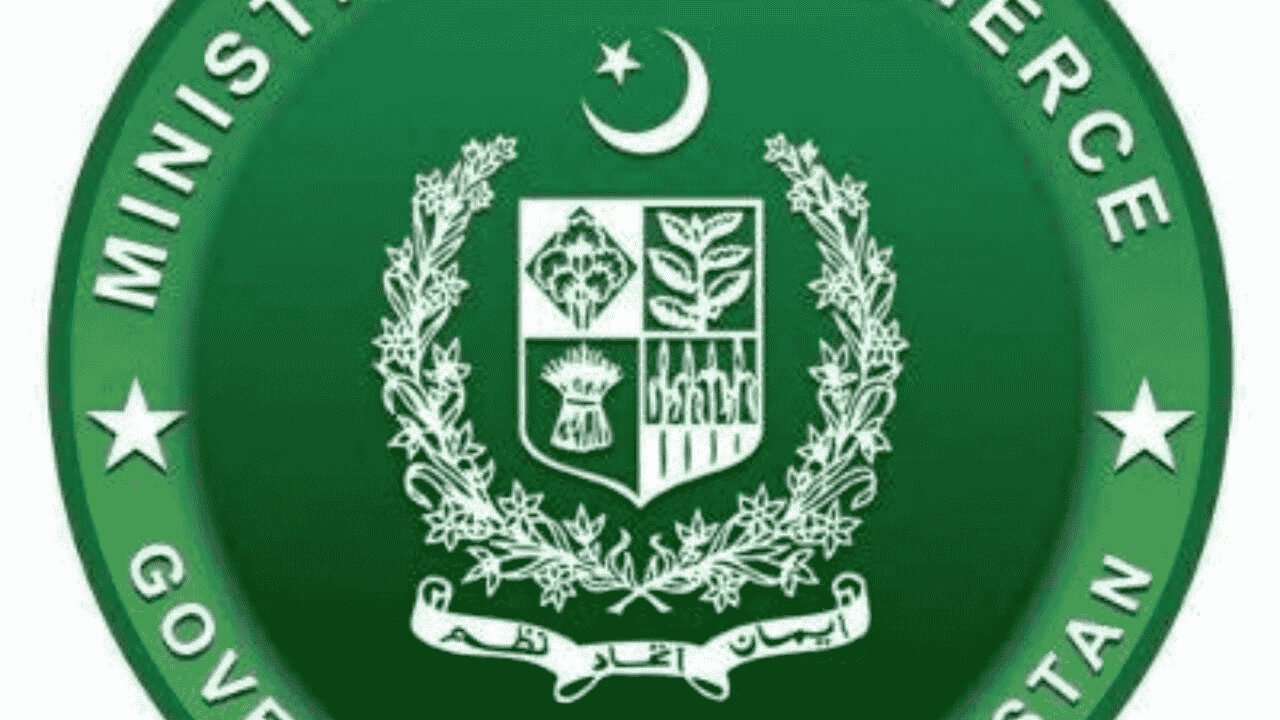By Abdul Ghani
The government is preparing a new licensing policy to regulate bilateral business chambers across Pakistan. The aim is to improve transparency, credibility, and stronger trade partnerships with foreign countries, according to documents obtained by this reporter.
The Ministry of Commerce, working with the Directorate General of Trade Organisations (DGTO), is developing a framework that sets clearer rules for eligibility, finances, and governance for chambers seeking official recognition.
Under the draft policy, each bilateral chamber must have at least 50 active members from Pakistan and 50 from the partner country. Members should include both large companies and small and medium enterprises (SMEs) to ensure broad representation.
The Foreign Trade Wing may allow flexibility for foreign membership in countries with significant economic ties to Pakistan but limited chamber infrastructure.
The draft also strengthens governance. Executive committees must include a balanced mix of Pakistani and foreign nationals, with the chairmanship alternating between the two sides.
Each chamber must also sign a legally binding Memorandum of Understanding (MoU) with a recognized counterpart abroad. If an MoU cannot be obtained, written confirmation from the foreign ministry or competent authority is accepted.
Financial stability is another key requirement. Tier-I chambers must maintain a minimum reserve fund of Rs10 million, while Tier-II and Tier-III chambers need at least Rs5 million.
All chambers must also submit a sustainable business plan and audited financial statements. Licences will last three years, with renewal based on performance indicators such as investment facilitation, business promotion, and member support.
The draft introduces a verification system to prevent misuse of bilateral status. The DGTO will send applications to Pakistan’s foreign missions for embassy-based verification within 21 working days.
Trade and investment officers will check the legal status, reputation, and credibility of the foreign counterpart. Similarly, the partner country’s embassy in Pakistan will verify the legitimacy of proposed member enterprises.
Legal provisions in the draft state that any dispute between a chamber and the DGTO will be handled under Pakistani law, under Section 21 of the Trade Organisations Act, 2013. This ensures Pakistan maintains regulatory authority over all licensed trade organisations in the country.
Officials say the policy aims to professionalize bilateral chambers, replacing ad-hoc registrations with measurable standards of performance and accountability.
The reforms are expected to reduce inactive or one-sided associations and strengthen the credibility of Pakistan’s trade diplomacy.
Experts believe that while the requirements may seem strict, they will help ensure that only genuine, financially viable, and professionally governed organisations represent Pakistan abroad.
Author Profile






